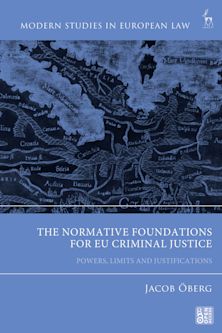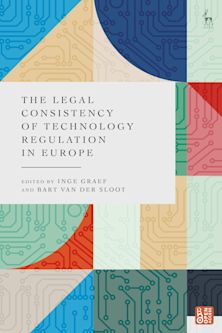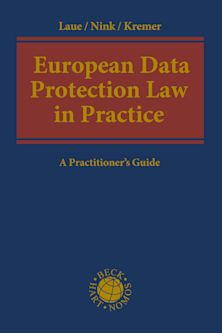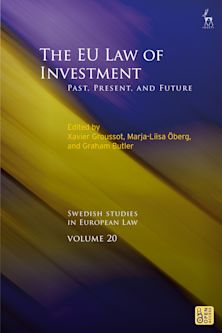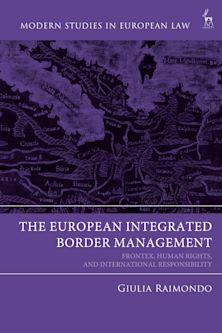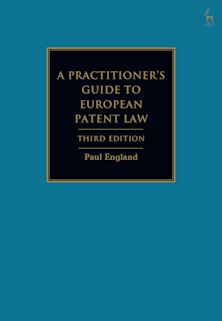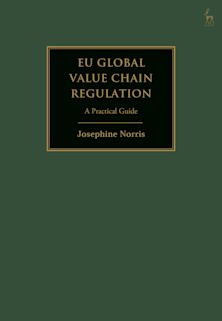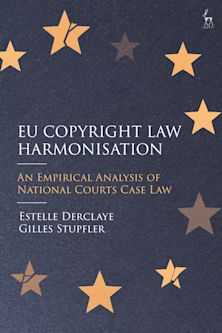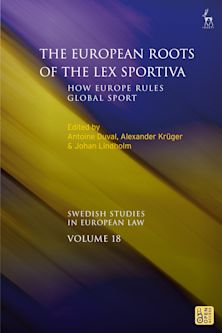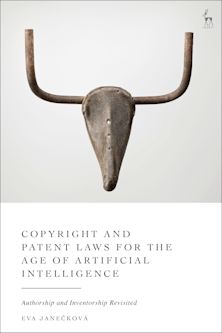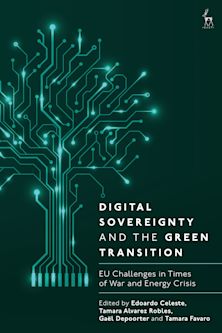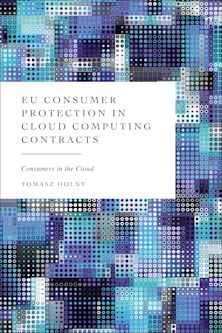European Convention on Human Rights
Commentary
European Convention on Human Rights
Commentary
Description
The European Convention on Human Rights (ECHR) entered into force on 3 September 1953 with binding effect on all Member States of the Council of Europe. It grants the people of Europe a number of fundamental rights and freedoms (right to life, prohibition of torture, prohibition of slavery and forced labour, right to liberty and security, right to a fair trial, no punishment without law, right to respect for private and family life, freedom of thought, conscience and religion, freedom of expression, freedom of assembly and association, right to marry, right to an effective remedy, prohibition of discrimination) plus some more by additional protocols to the Convention (Protocols 1 (ETS No. 009), 4 (ETS No. 046), 6 (ETS No. 114), 7 (ETS No. 117), 12 (ETS No. 177) and 13 (ETS No. 187)).
Any person who feels his or her rights under the ECHR have been violated by the authorities of one of the Member States can bring a case to the European Court of Human Rights, established under the Convention. The States are bound by the Court's decisions. The Committee of Ministers of the Council of Europe make sure that the decisions are properly executed. Today the Court receives thousands of petitions annually, demonstrating the immense impact of the Convention and the Strasbourg Court.
Professor Grabenwarter's Commentary deals with the Convention systematically, article-by-article, considering the development and scope of each article, together with the relevant case-law and literature.
Table of Contents
I. Rights and freedoms defined in the Convention
II. Personal scope of the Convention
III. Territorial scope of the Convention
IV. Temporal scope of the Convention
Article 2 – Right to Life
I. Introduction
II. Scope of protection
III. Interferences
IV. Justification
V. Positive obligations
Article 3 – Prohibition of torture
I. Introduction
II. Scope of protection and interferences
III. No justification of an interference with Article 3
IV. Positive obligations
V. Cases of ill-treatment
Article 4 – Prohibition of slavery and forced labour
I. Introduction
II. Prohibition of slavery and servitude
III. Prohibition on forced or compulsory labour
IV. Prohibition of trafficking in human beings
V. Positive obligations
Article 5 – Right to liberty and security
I. Introduction
II. Scope of protection
III. Interferences
IV. Compatibility of deprivations of liberty with Article 5
V. The rights of persons deprived of their liberty
Article 6 – Right to a fair trial
I. Introduction
II. Scope of protection
III. Guarantees of Article 6 in detail
Article 7 – No punishment without law
I. Introduction
II. The scope of Article 7
III. Scope of protection
Article 8 – Right to family life
I. Introduction
II. Personal scope
III. Material scope
IV. Interferences
V. Justification
VI. Positive obligations
VII. Case law on specific cases
Article 9 – Freedom of thought, conscience and religion
I. Introduction
II. Scope of protection
III. Interferences
IV. Justification
V. Positive obligations
Article 10 – Freedom of expression
I. Introduction
II. Scope of protection
III. Interferences
IV. Justification
V. Positive obligations
Article 11 – Freedom of assembly and association
I. Introduction
II. Scope of protection
III. Interferences
IV. Justification
V. Positive obligations
Article 12 – Right to marry
I. Introduction
II. Scope of protection
III. Interferences
IV. Justification
Article 13 – Right to an effective remedy
I. Introduction
II. Scope of protection
III. The guarantee of Article 13
Article 14 – Prohibition of discrimination
I. Introduction
II. Scope of protection
III. Determination of a discrimination
IV. Justification
V. Positive obligations
Protocol No. 1
Article 1 – Protection of property
I. Introduction
II. Scope of protection
III. Interferences
IV. Justification
V. Positive obligations
Article 2 – Right to education
I. Introduction
II. Right to education
III. Right of parents to respect for their convictions
IV. Positive obligations
Article 3 – Right to free elections
I. Introduction
II. Scope of protection
III. Interference
IV. Justification
Protocol No. 4
Article 1 – Prohibition of imprisonment for debt
I. Introduction
II. Scope of protection
Article 2 – Freedom of movement
I. Introduction
II. Scope of protection
III. Interferences
IV. Justification
Article 3 – Prohibition of expulsion of nationals
I. Introduction
II. Scope of protection
III. Interferences
IV. Justification
Article 4 – Prohibition of collective expulsion of aliens
I. Introduction
II. The guarantee of Article 4 of Protocol No. 4
III. Justification
Protocol No. 6
Article 1 – Abolition of the death penalty
Article 2 – Death penalty in time of war
Protocol No. 7
Article 1 – Procedural safeguards relating to expulsion of aliens
I. Introduction
II. Scope of protection
III. Procedural safeguards under Article 1 of Protocol No. 7
IV. Restrictions of the procedural safeguards
Article 2 – Right of appeal in criminal matters
I. Introduction
II. Scope of protection
III. The guarantee of Article 2 of Protocol No. 7
IV. Exceptions
Article 3 – Compensation for wrongful conviction
I. Introduction
II. Requirements for claiming compensation
III. Right to compensation
Article 4 – Right not to be tried or punished twice
I. Introduction
II. The scope of protection
III. The guarantee of Article 4 of Protocol No. 7
IV. Exceptions
Article 5 – Equality between spouses
I. Scope of protection
II. Relationship to other Convention guarantees
Protocol No. 12
Article 1 – General prohibition of discrimination
I. Introduction
II. The scope of Article 1 of Protocol No. 12
Protocol No. 13
Article 1 – Abolition of the death penalty
Product details
| Published | Feb 12 2014 |
|---|---|
| Format | Ebook (PDF) |
| Edition | 1st |
| Extent | 600 |
| ISBN | 9781509927470 |
| Imprint | Beck/Hart |
| Publisher | Bloomsbury Publishing |
Reviews

ONLINE RESOURCES
Bloomsbury Collections
This book is available on Bloomsbury Collections where your library has access.














